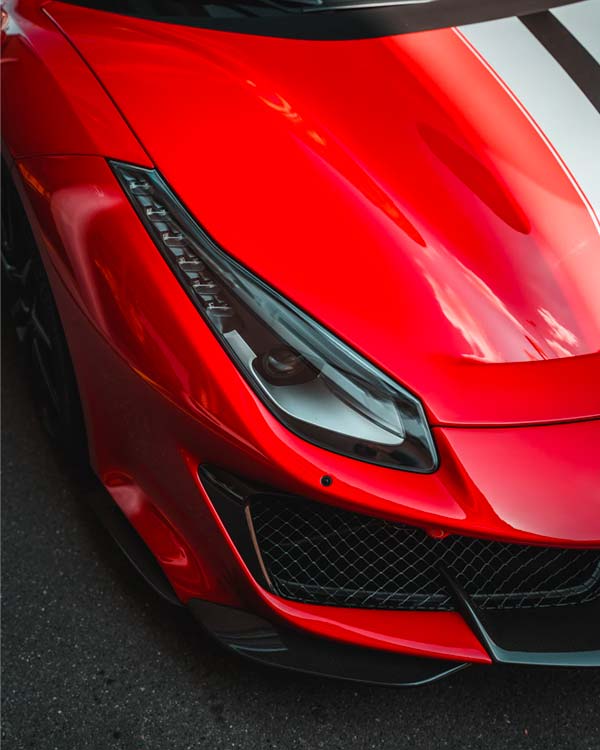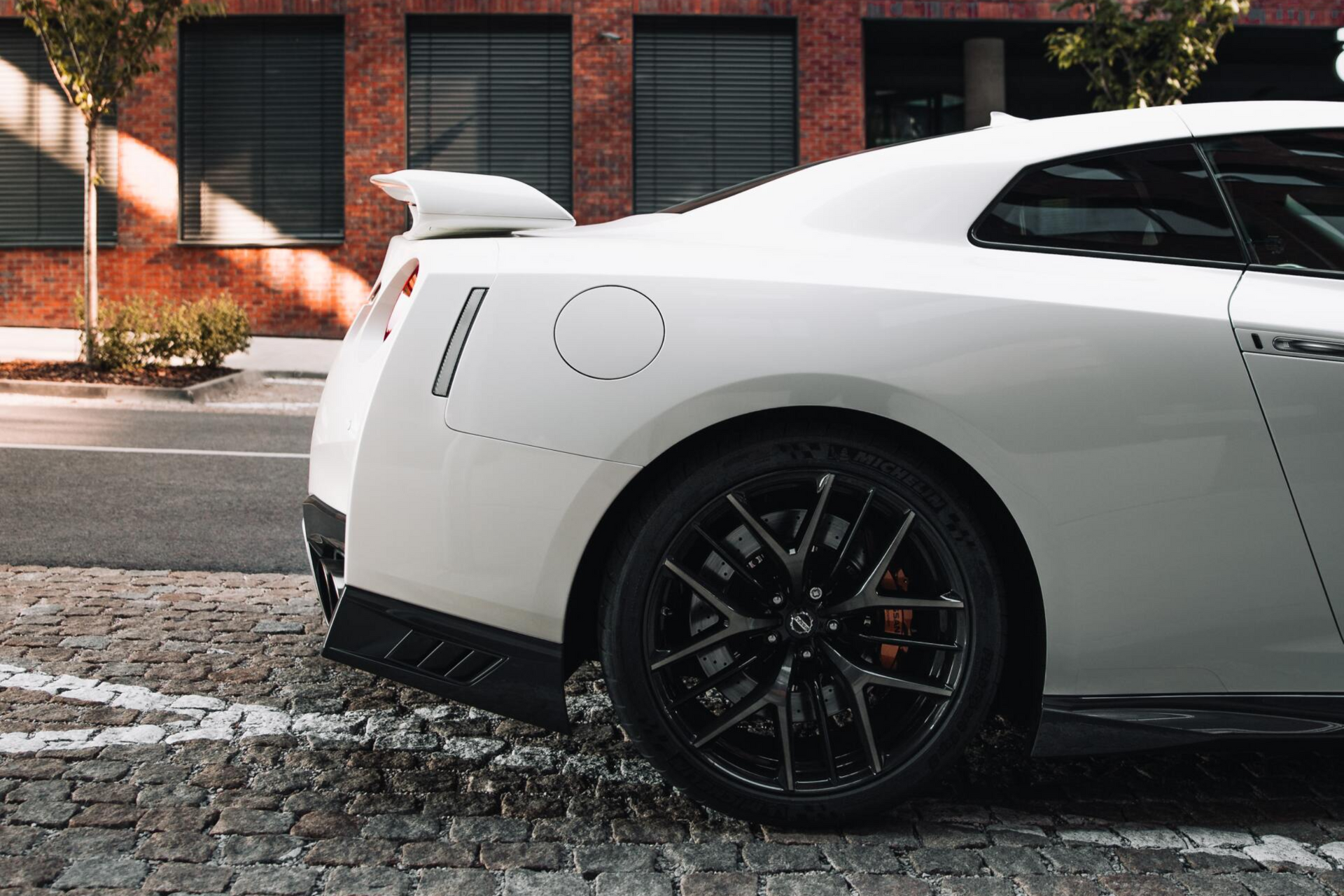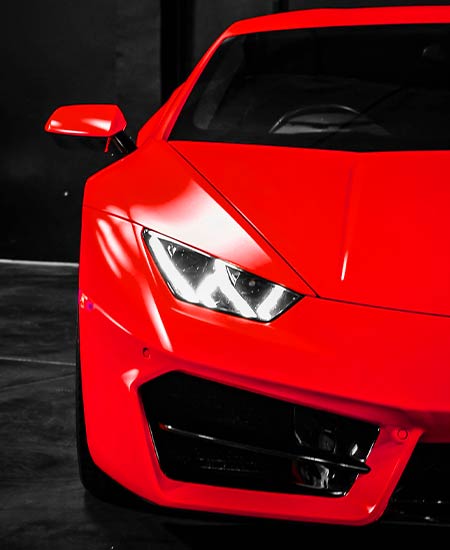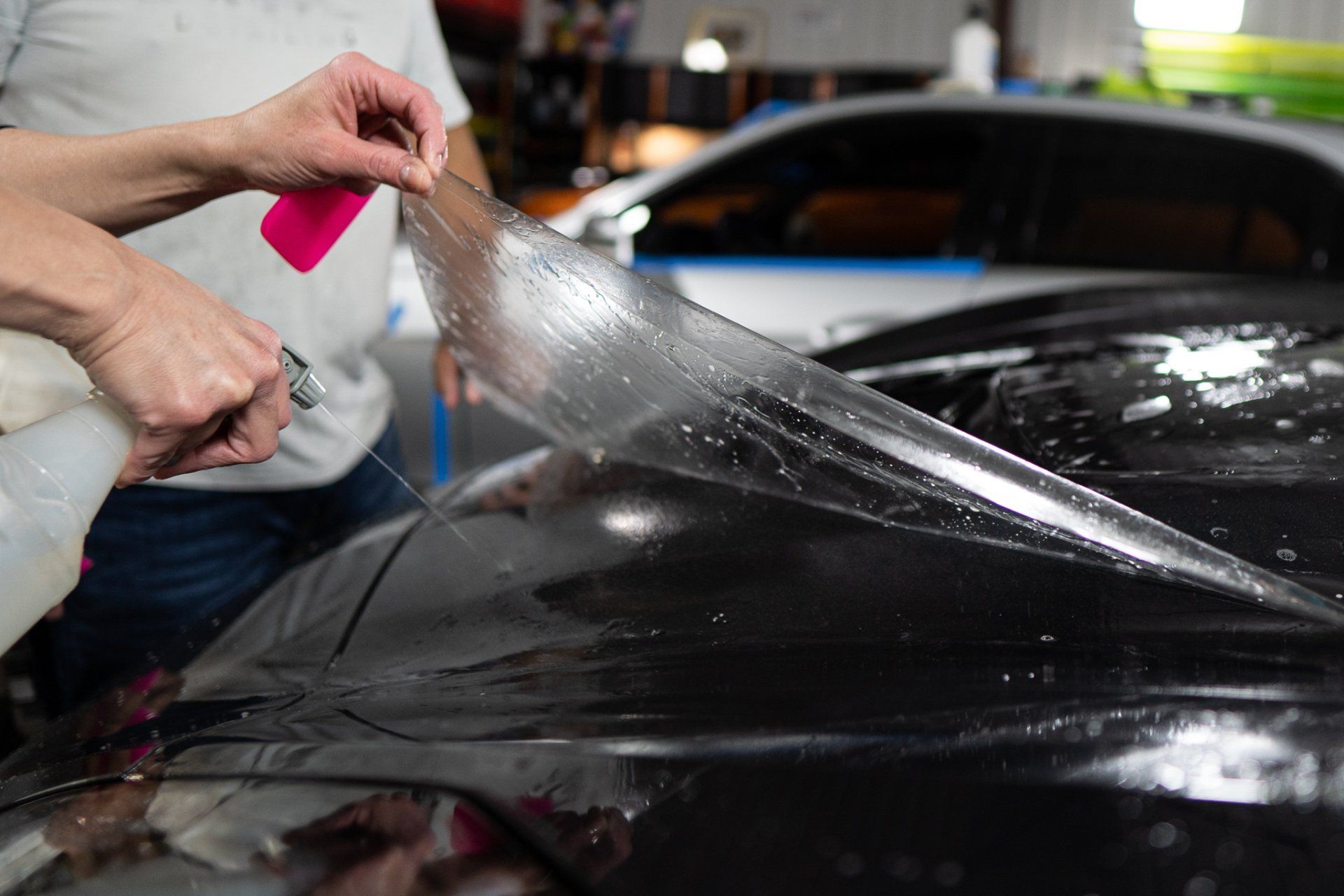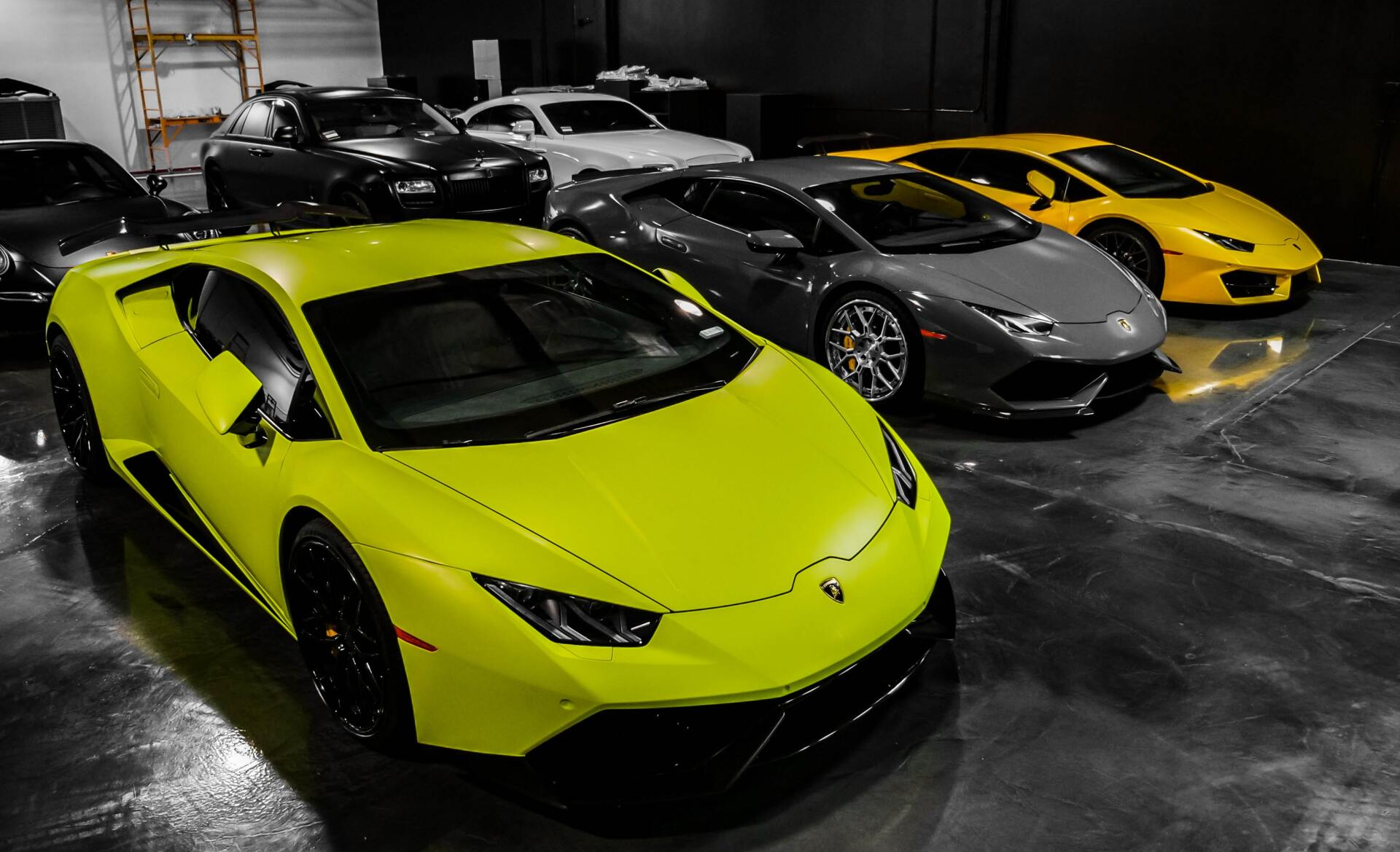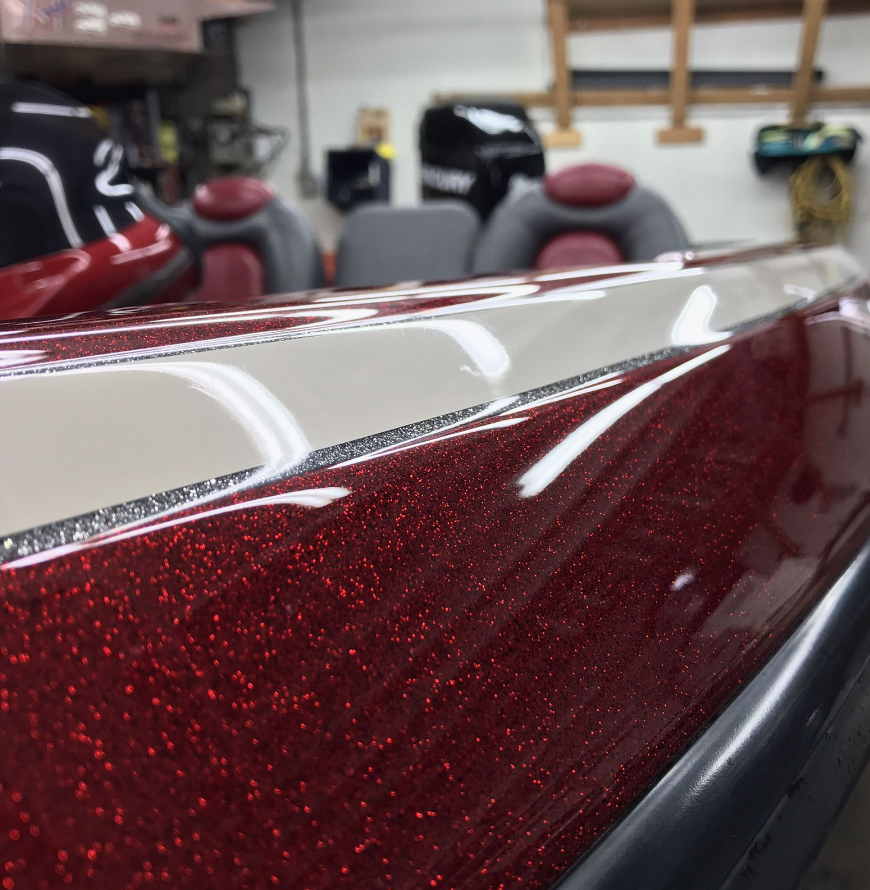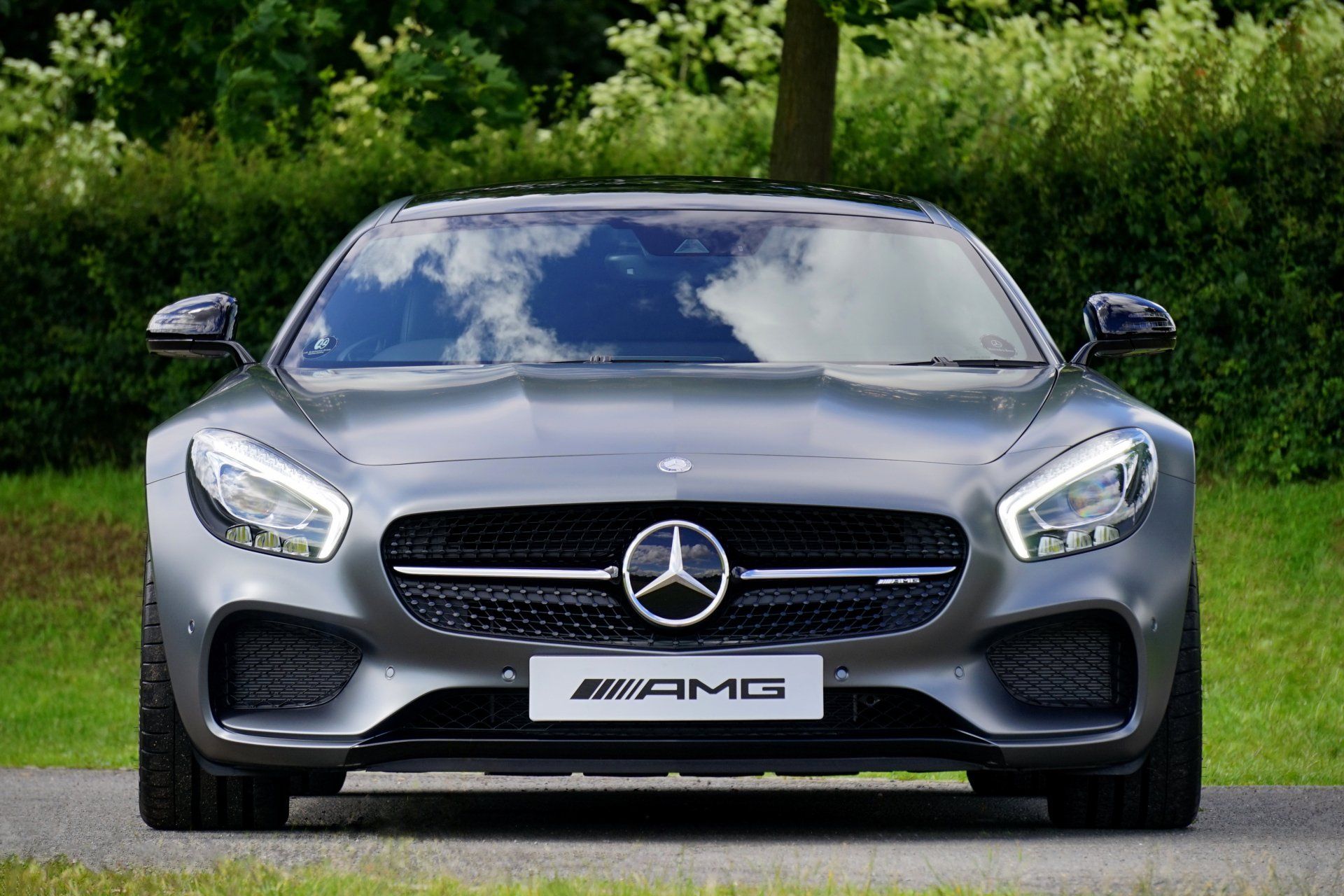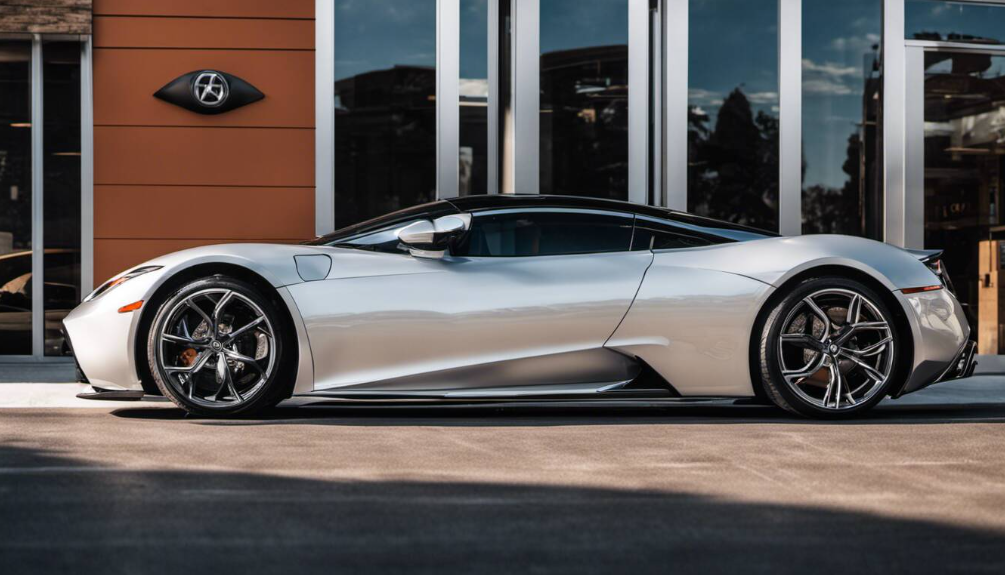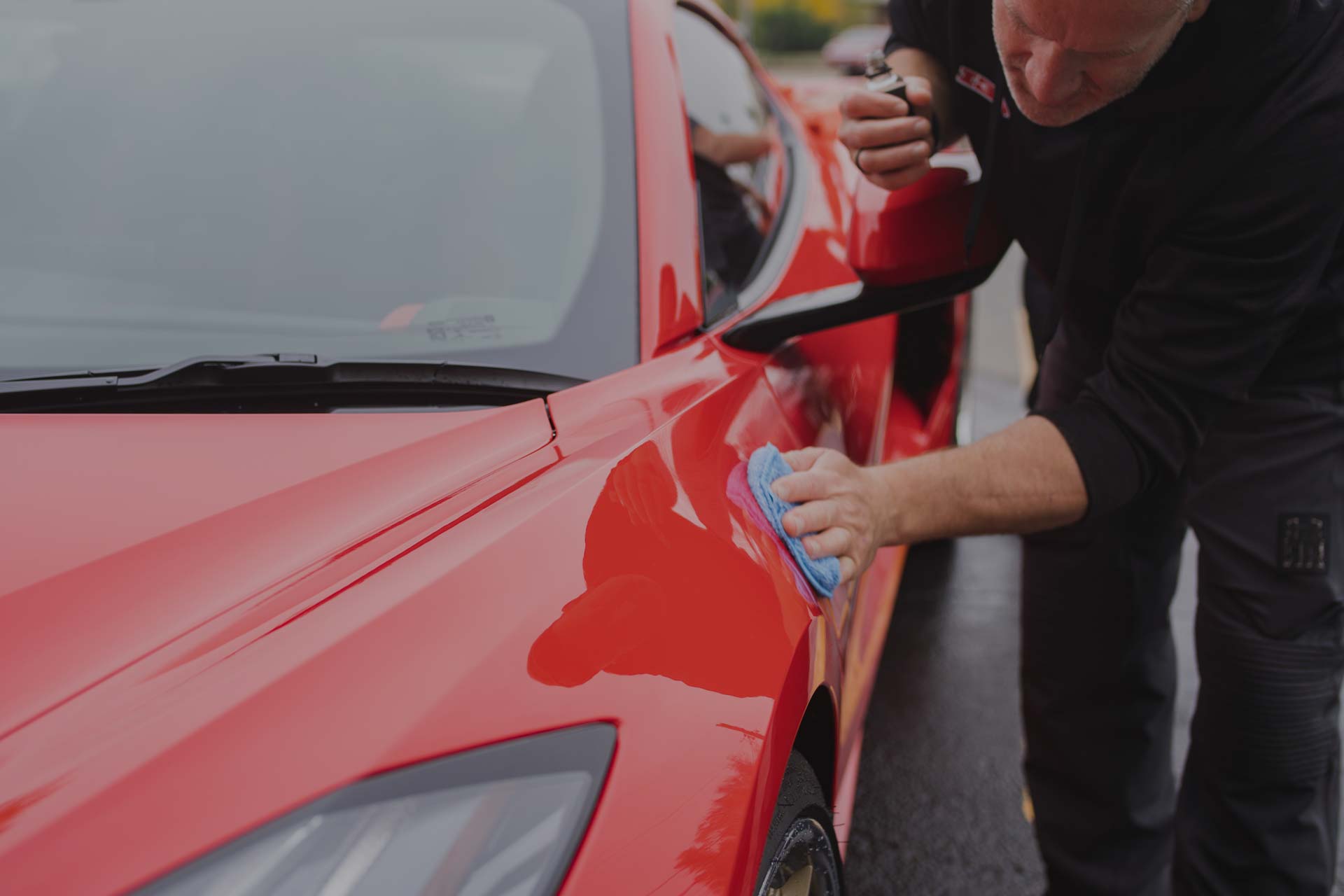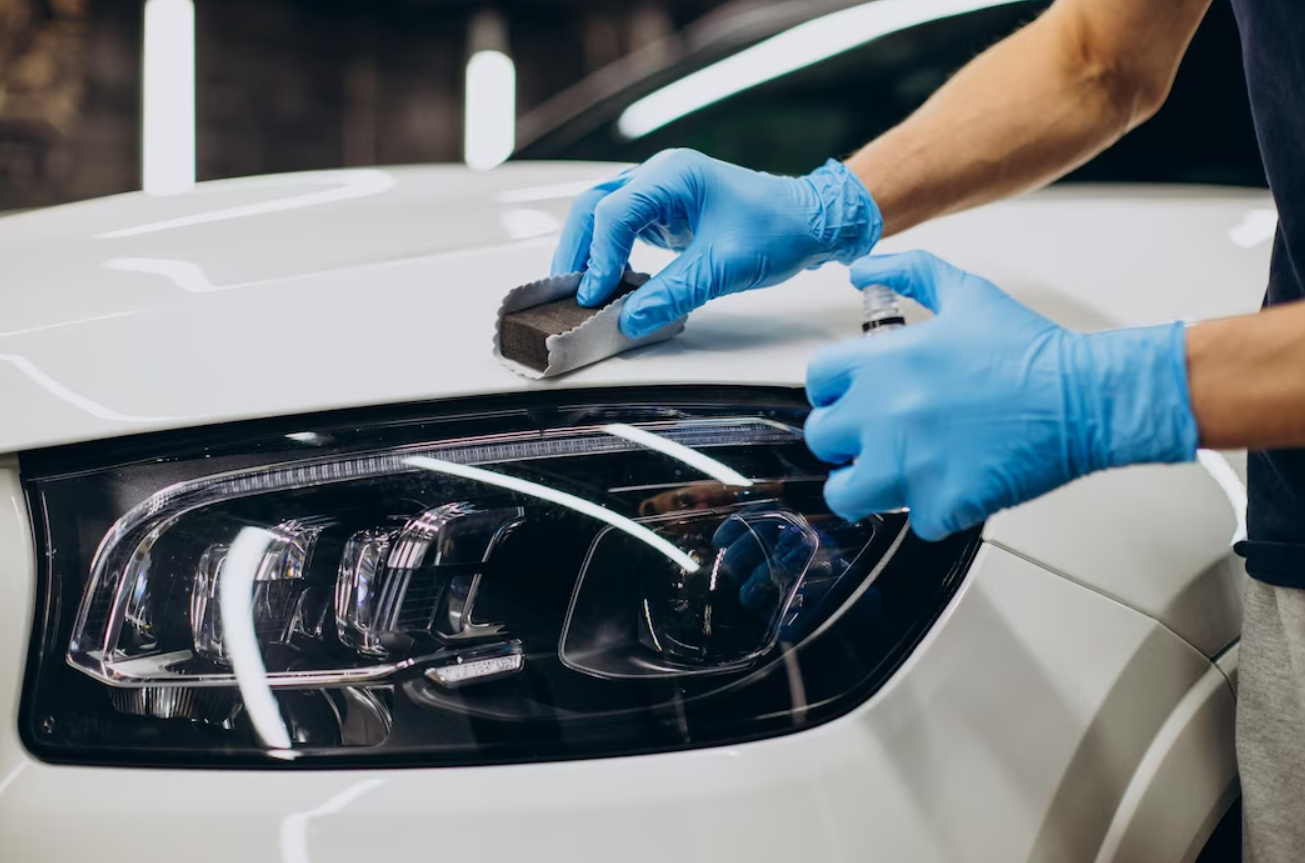Top 7 Paint Protection Film Benefits - You Must Know
Cars, unlike home or garage décor, interact with the elements and the environment, making their exterior vulnerable to blemishes. A bad or damaged paint job is a nightmare that many car owners do not want to live through.
But how can you protect the paint on your car without breaking the bank? The solution is paint protection film. To save money, many people overlook this important car paint protection.
Paint protection film shields the exterior of your vehicle from scratches, paint deterioration, and swirl marks. Even better, it's inexpensive when compared to the cost of a full paint job.
Perhaps you want to keep your car's factory look but are unsure about applying paint protection film; read on to learn more about paint protection film and its benefits.
What is Paint Protection Film?
Paint protection film, also known as a "clear bra," is a thermoplastic film that is applied to the painted surfaces of a car's exterior. This protective film is made of a self-healing glue that shields the paint beneath from damage caused by dirt, bird droppings, and other outside elements.
Protection films also protect your car's paint from damaging UV rays and outside debris. They also improve the overall appearance of your vehicle.
Professional installation is critical because high-end paint protection films last for years if installed correctly. If you are interested in installing protective paint film, Vehicle Enhancement Inc provides the best paint protection film services at reasonable prices. Please contact us at 937-296-0328.
Paint Protection Films: What Are the Benefits?
Paint Job Protection
Paint fading is a common issue for many car owners, and it occurs as a result of prolonged exposure to sunlight. You may notice different color shades on different parts of your car depending on the direction of the sun and where you park.
Color fade can be avoided by applying paint protection film over the factory paint. Protection films contain a special chemical that allows them to withstand UV radiation.
Additionally, your car's paint will be protected from rain, particularly acid rain.
Cleaning Ease
A car's paint is usually perfect straight from the factory, and it takes effort, time, and dedication to keep that pristine factory appearance. However, because paint protection film repels dust, water, and debris, cleaning your car will be a breeze.
If you want to go above and beyond with your car's paint protection, consider combining ceramic coating with PPF to get the best of both worlds. Keep in mind that ceramic coating is more expensive than PPF, but it is worthwhile.
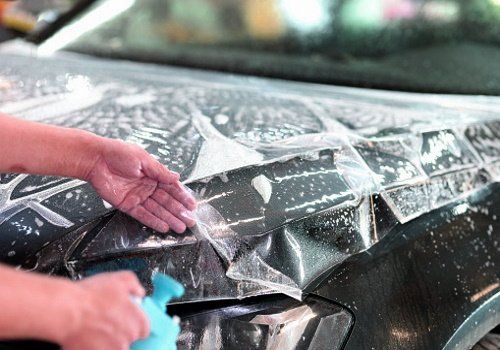
Improves and Maintains Resale Value
A car sale can occur for a variety of reasons, including an urgent financial need or an upgrade. Regardless, the condition of your car's exterior has a significant impact on its value.
Many car buyers will pay top dollar for a well-maintained vehicle, and one of the aspects you can use to increase the value of your vehicle is its paint condition and overall appearance. A PPF or ceramic coating on your car's paint commands a reasonable resale price.
Most car upgrades and detailing, such as window tinting and vehicle protection film, can increase the value of your vehicle. As a result, your investment was not in vain.
Protection from Chemical Reactions
Some chemicals are hazardous to your car's paint, and considering the cost, a paint job is not an investment you'll want to make frequently. Detergents, car shampoo, and tree sap may all contain elements that cause paint damage.
Some chemicals dissolve the paint, exposing the bare metal beneath to the elements. Any exposed metal will rust if you live in an area where salt is used to melt snow.
Cheaper in the Long Run
Keeping a car's exterior in good condition without any protective installation is more expensive than paying a one-time fee for car ceramic coating or other paint protection options. Paint protection covers the entire vehicle, shielding the paint from UV rays, minor scratches, and swirls. This saves you money on regular waxing and maintenance of the paint.
Paint protection also eliminates the need for paint correction, making it a long-term solution that saves time and money on vehicle maintenance.
Self-Healing Properties
To keep a car's appearance, paint protection films self-heal. Through its scratch-resistant urethane coating, the multiple film layers work cohesively to shield the paint from minor surface-level damage, preventing destruction.
When it comes into contact with heat, the self-healing feature activates by returning to its lowest energy state. As a result, when you wash your car with warm water or park it in the sun, surface-level swirls and minor scratches heal.
Ease of Removal
Taking off paint protection film is similar to taking off tint film from tinted windows. Protection films, unlike ceramic coatings, are easy to remove.
Because protective films do not chemically bond with the vehicle's paint, you can lift the edges and pull them off with a plastic razor. Apply a little heat if it doesn't come out evenly.
Can You Cover Headlights with Paint Protection Film?
Yes. Protective films should be installed on highly exposed areas such as the hood, side mirrors, bumpers, fenders, and headlights. These are the parts of a car that get the most debris and chips, so protecting them with protection film is a good idea.
Ready to Protect Your Car’s Paint? VEI Auto Detailing Is One Call Away
If you've read this far, you're probably convinced that you should get paint protection film for your car. Who doesn't want their vehicle to look as good as it did when it was new?
However, as enticing as the benefits of the paint protection film is, the installation will determine whether or not you will reap them. Doing it yourself or hiring a handyman may not produce the desired outcome.
Professional execution is essential for processes such as protective film installation, which is one of the many services provided by Vehicle Enhancement Inc. In addition to PPF, we also provide the best ceramic coating, paintless dent repair, and interior and exterior detailing services.
Call us at 937-296-0328, or go to our website to book online, get a quote, and read reviews from previous customers.

